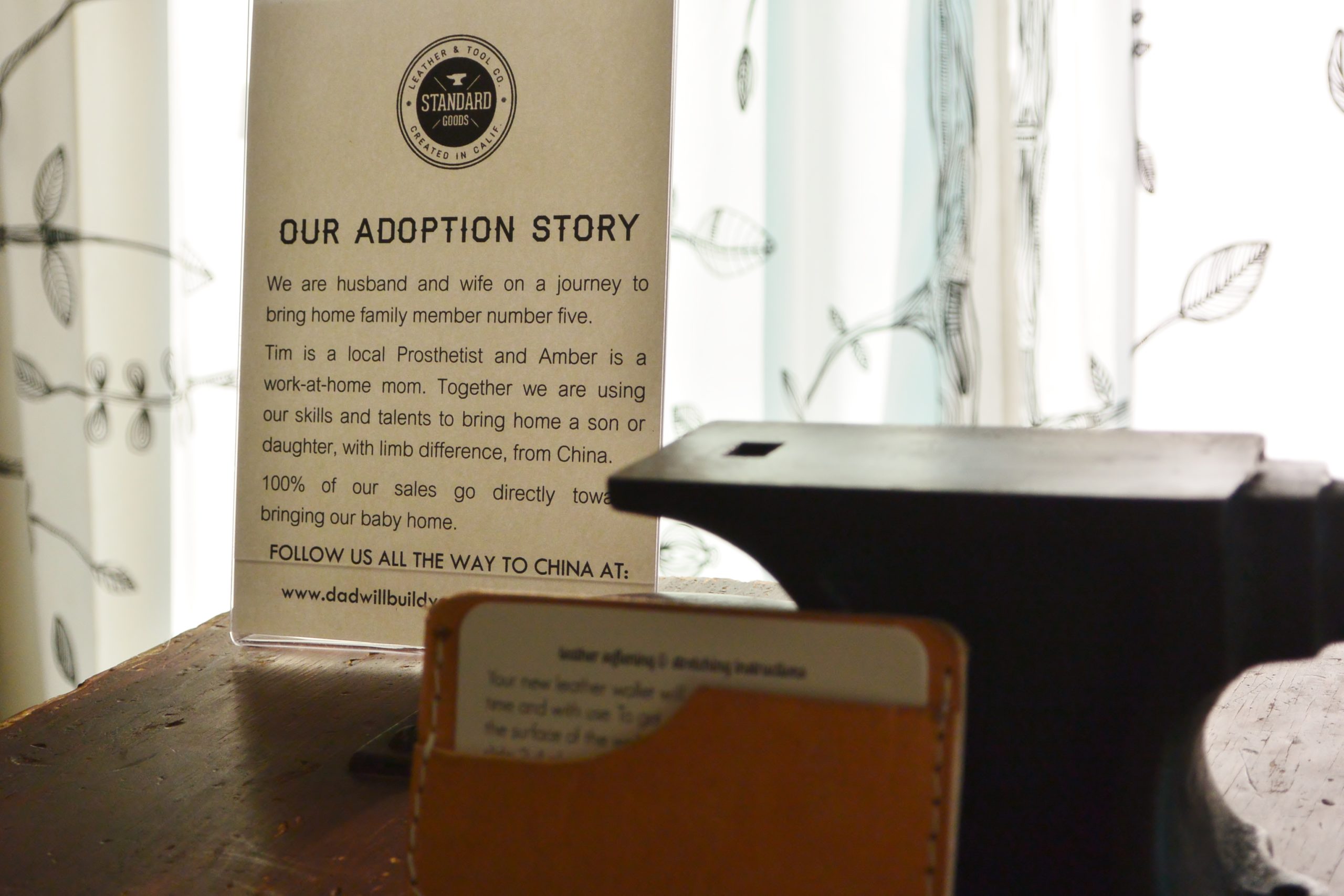“Charlie, I need you to turn off the TV and head upstairs to do homework!”
No response. Repeat the command. No response. Repeat the command. Take away the remote control and turn off the TV yourself
Charlie now responds: “I hate you! You’re so mean! I was almost finished!”
Charlie is now kicking, screaming and crying. Mom tries to comfort him and then tries to handle the situation by threatening to take away privileges. But his behavior only escalates. The meltdown goes on for two long hours.
Sound familiar?
As the supervisor for post adoption services at Holt-Sunny Ridge Children’s Services, many parents tell me they experience this behavior with their child on a daily basis. They are exhausted, overwhelmed, frustrated and just don’t know what else to do. They are angry at themselves, but they also can’t help feeling angry toward their child. They feel guilty and ashamed, but also tired and hurt. If you have felt that way as a parent, I want to deliver some good news. There is hope!
Trust-Based Relational Intervention (TBRI®) was created by child psychologists Dr. Karyn Purvis and Dr. David Cross, who also co-wrote the popular book “The Connected Child.” TBRI is a research and evidence-based model of intervention for “children who come from hard places,” as Dr. Purvis refers to children who have experienced early risk factors such as prenatal stressors, a traumatic birth experience, early hospitalization, abuse, neglect or other trauma — many of them common among children adopted from institutions or foster care. These risk factors alter a child’s brain development and can negatively affect their overall development.

TBRI is built on three founding principles: connecting, empowering and correcting. The connecting principle tells us that children who have not had their needs met in a consistent and loving manner will likely develop an “insecure attachment” with their caregivers. It also informs us that our childhood relationships with our parents can deeply affect how we ourselves parent. The empowering principle details how physiological and ecological factors can impact a child’s behavior. And the correcting principle provides parents with concrete, practical tools and strategies to help them manage their child’s behavior.
Working through the TBRI model, parents have seen tremendous progress in their relationships with their child and dramatic improvements in their child’s behavior. Our Illinois branch office offers two ways for families to learn TBRI techniques: through our therapy program or through workshops for parents and children to learn the TBRI model as a group. Our next workshops will occur on September 19th, October 17th, November 14th and December 12th. Holt-Sunny Ridge is a preferred provider for Blue Cross Blue Shield and United Healthcare. For information about rates and coverage and/or to schedule a private family therapy session, call 630-754-4522 or email [email protected]. Families who adopted through any agency are welcome.
For families who are located in another state, they can contact their Holt branch office or Holt’s headquarters in Oregon to find out about local resources on TBRI. To learn more about TBRI, visit www.child.tcu.edu or read “The Connected Child” by Dr. Karyn Purvis and Dr. David Cross.


